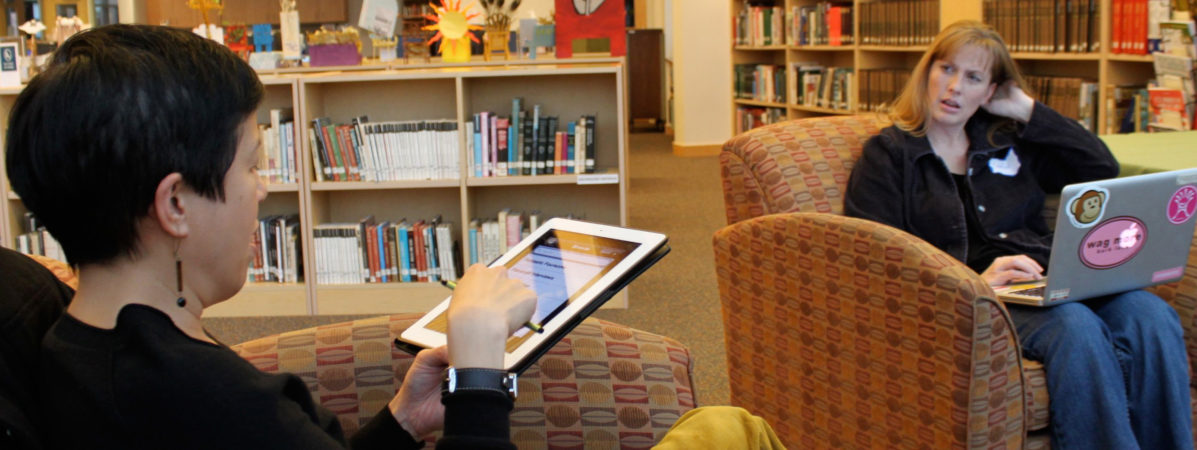
To succeed in a 21st century economy – one based on knowledge and driven by technology – adults must possess certain basic skills, such as the ability to read, do basic math, and use technology to communicate, find information, and perform other everyday tasks.
These are skills many of us take for granted, but an estimated one in six American adults — roughly 36 million people – lack basic literacy proficiency. Nearly one in three are unable to solve basic math problems, according to the most recent data from the Programme for International Assessment of Adult Competencies (PIAAC).
There is no question that these adults need to upgrade their skills, but those who need education and training the most – those at the lowest end of the skills spectrum – are much less likely to enroll in adult education programs. Those who would like to participate in these programs often run into long wait lists and limited course offerings, the result of an underfunded adult education system in the U.S.
Technology has the potential expand access to basic education programs for the millions of U.S. adults who want to improve their skills. Digital learning tools can also improve how adult education instructors deliver content to students, with targeted lessons that are more relevant, meaningful, and engaging to learners.
Nearly two-thirds of the U.S. adults classified as low-skilled in the PIAAC survey are employed, though most earn meager wages, so employers are critical to any effort to expand access to basic skills training.
The opportunities for technology to improve the quality of adult education programs and expand access for adult learners are wide open, yet this market remains relatively untapped by educational technology developers. Digital Promise wants to advance digital learning efforts in adult education and identify promising innovations ripe for further research and new investment.
We want to work with business leaders, investors, developers, and researchers to build a collective vision for designing, developing, and deploying digital learning technologies to serve adult learners more effectively. We also want to shine a light on the pockets of innovation that already exist in adult education programs across the country, and intend to serve as a resource for the field that blends our own work with key research curated from other stakeholders.
We need your help to build this vision. Where do you see technology improving education for adults with low skill levels?